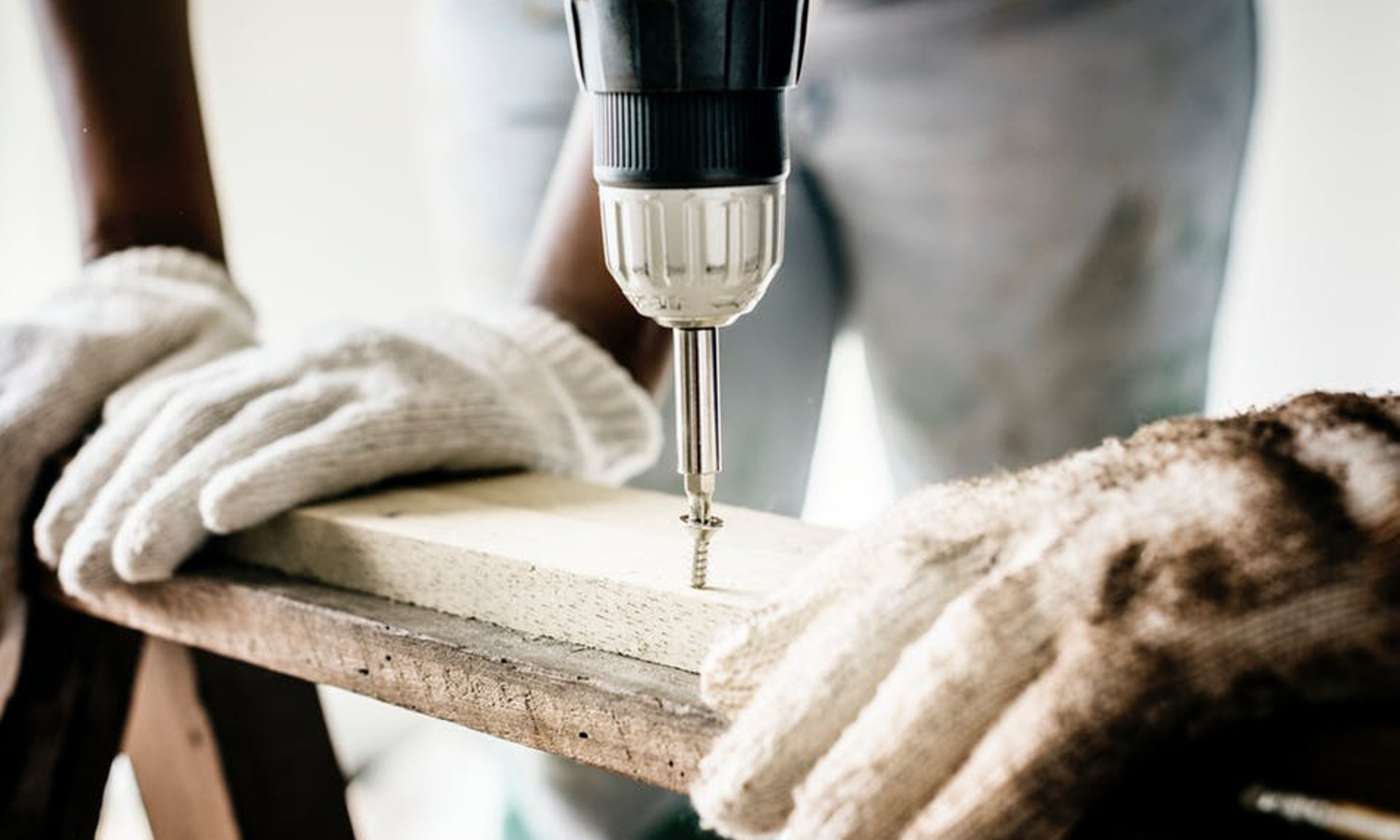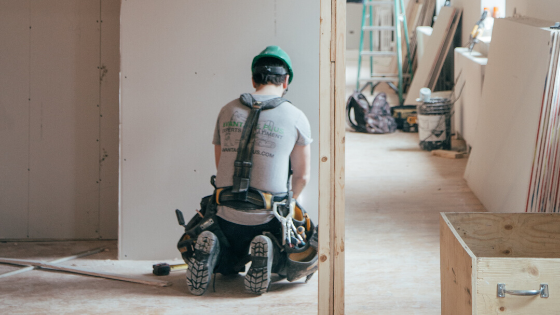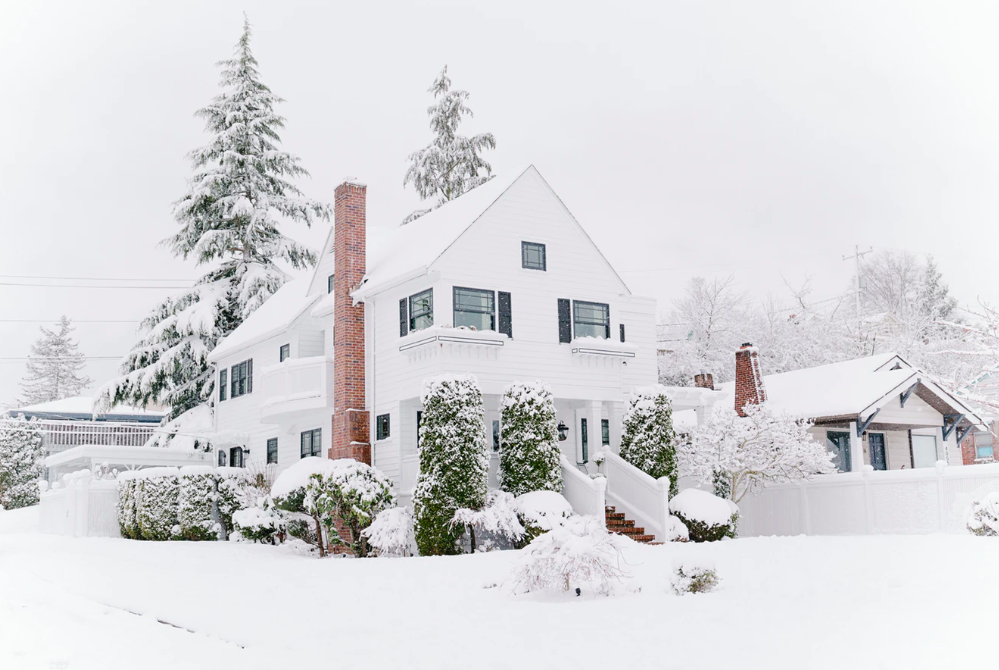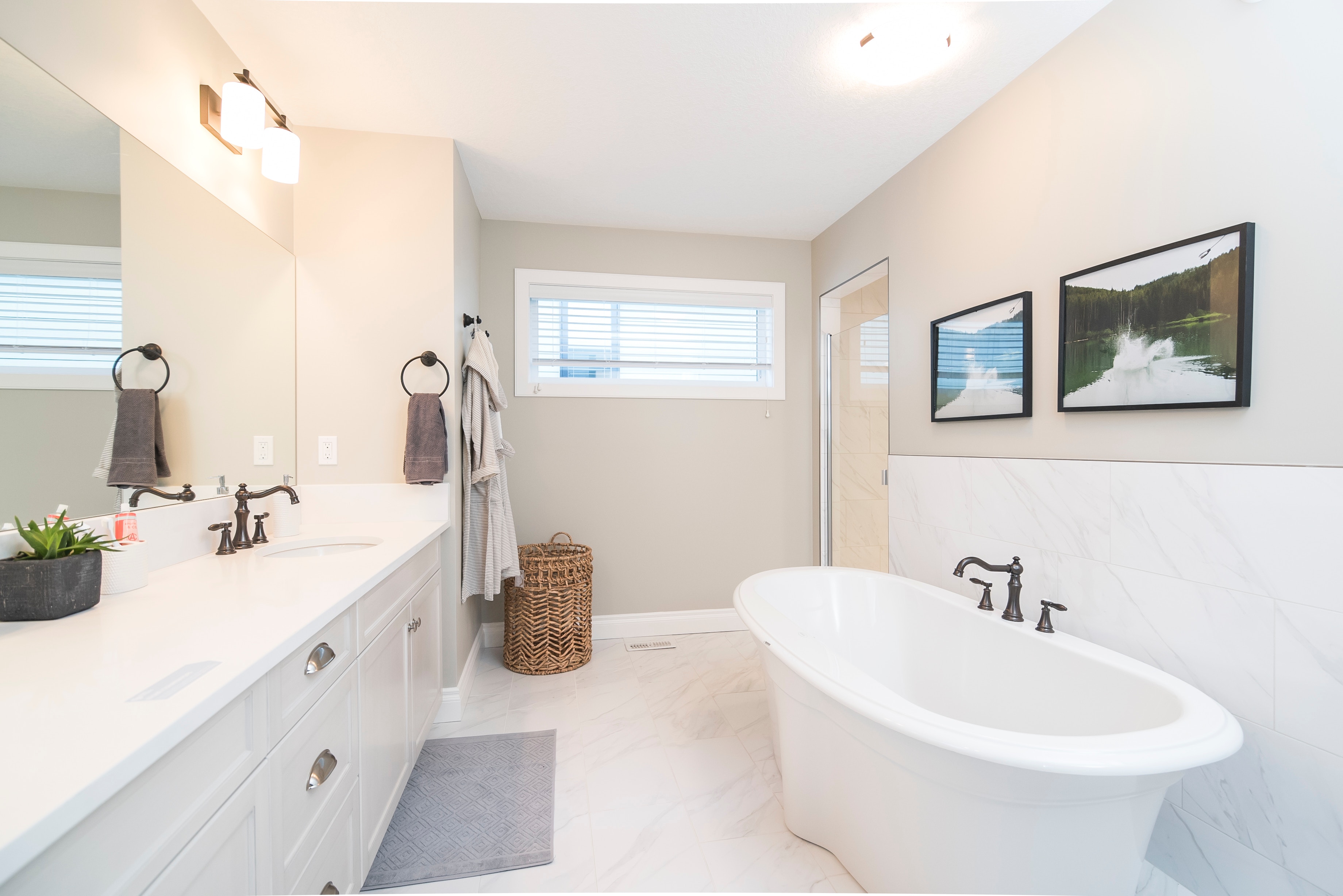There are a number of home renovation myths that are floating around. While some of them are benign, others can lead to big trouble if you believe them. That is why you need to read this myth-busting blog before starting any Vancouver home renovation.
Vancouver home renovation myths… busted!
1. Permits are optional
This is one of the most dangerous Vancouver home renovation myths out there. That is because people can start their renovations thinking they do not need permits when nothing could be further from the truth. In reality, you always need to have permits. These are not optional – and not getting them could lead to fines or Stop Work Orders.
2. Whatever money I spend on remodels I will get back when I sell
Not all remodels add value or enough value that you will get the money you spend back when you sell. The trick is to decide why you are doing the remodels. Are they for you to enjoy? Are they to add value to your home? Or do you want a bit of both? If you want to add value, focus your efforts on the kitchen and bathroom and opt for materials with wide appeal. For example, if you are painting, go with a light, neutral colour. If you are renovating for your enjoyment, opt for whatever you love! If you are planning to stay in your home for a while, worry more about your enjoyment of your Vancouver home renovation than getting your money back.
3. DIY is cheaper
DIY sounds like it will be cheaper than hiring a team, but that is not always the case. There are a lot of reasons why that is, here are just a few:
- You can end up doing renovations that lower the value of your home
- You can damage your home, leading to costly repairs
- You may not get the best deal on materials
- You can miss key things like permits and end up with fines
Remember that DIY renovations do not just cost you money, they can be cost time too, taking you away from your family or even work. If you put a value on your time or consider the money you could have made if you had been working instead, DIY renovations can become extremely expensive.
4. Staying on top of trends is wise
Trends often do not add value to your home as they quickly go out of style. Given that, there is no point in following trends unless you like them. Pick trends that you will still enjoy after they go out of style. Do you not have any favourite trends? Opt for a classic look instead of the latest trends.
5. Repairs are cheaper than replacements
Repairs feel like they will be less expensive than replacing something, but that is not always the case. You have to think about the worth of the item and the cost of repairing it versus replacing it. The worth of the item is influenced by its original price, as well as its current condition. Is it in good shape and only needs one repair or is it old and having continual problems? In the latter situation, it could be cheaper to buy a replacement instead of continuing to repair and repair an item – likely to have to replace it in the end anyway.
6. High-quality materials are always the best option
You always need to balance cost and quality. If you need to replace, say, your roof but cannot afford top quality material, a cheaper material may be the best choice. Remember that you should never buy materials that are outside your price range. Be honest with your contractor about your budget so they can recommend the material that is the best choice for your job.
7. Choosing the highest priced contractor means I’ll get the best work done
Just because someone charges the most money does not mean they do the best work. There are all kinds of factors that play into why a company charges what they do. In order to find the best contractor for your job, focus more on their experience and references than what they charge. Who knows, you may be able to get a great deal on an amazing contractor!
8. Choosing the lowest priced contractor will save me money
The lowest-priced contractor may seem like a deal but, in the end, they may cost you a lot more than you are expecting. How is that possible? Well, a low priced contractor may not:
- Know what permits are needed
- Do the work properly
- Use the best materials
- Have work that lasts
In all these cases, you may have to pay a lot to fix the situation. You may have fines, need to hire another contractor to have the work finished properly, or do another renovation within a short period of time after the first one falls apart. Instead of just focusing on the lowest cost, opt for a contractor that brings you value.
Starting a Vancouver home renovation soon? Make sure to avoid these renovation don’ts!





